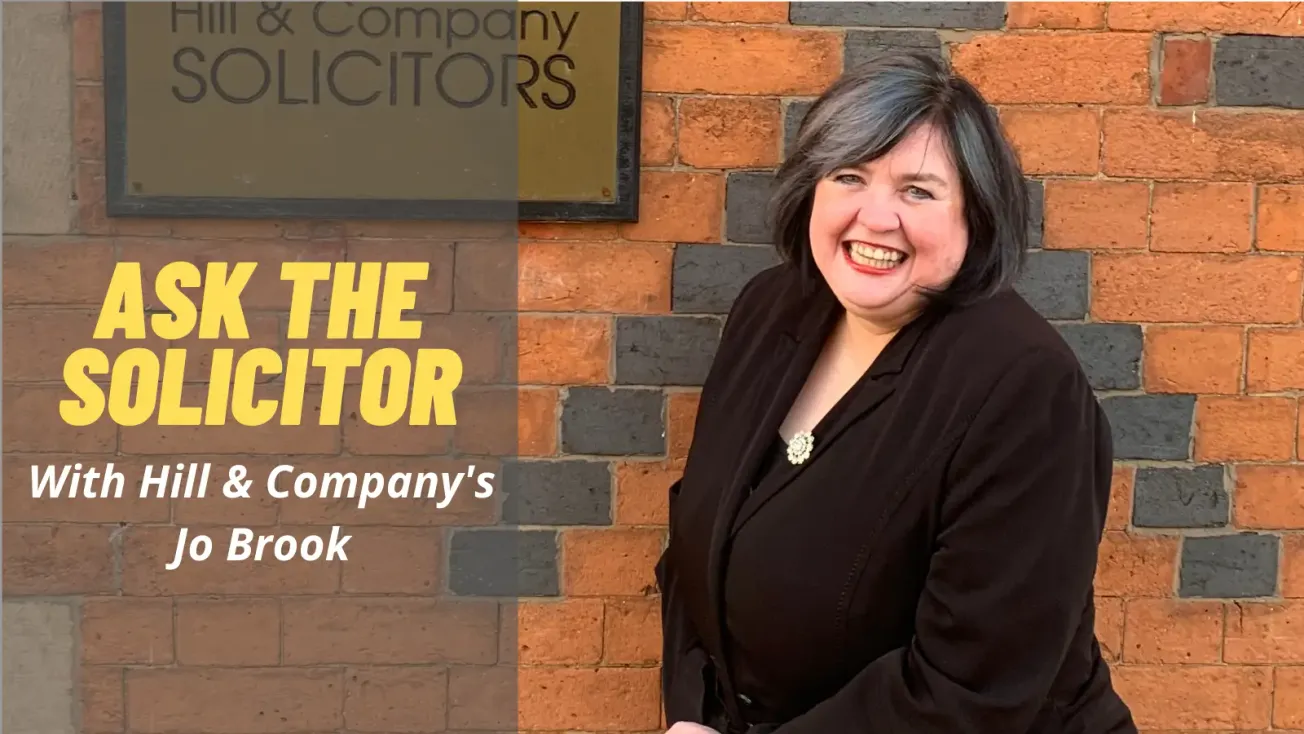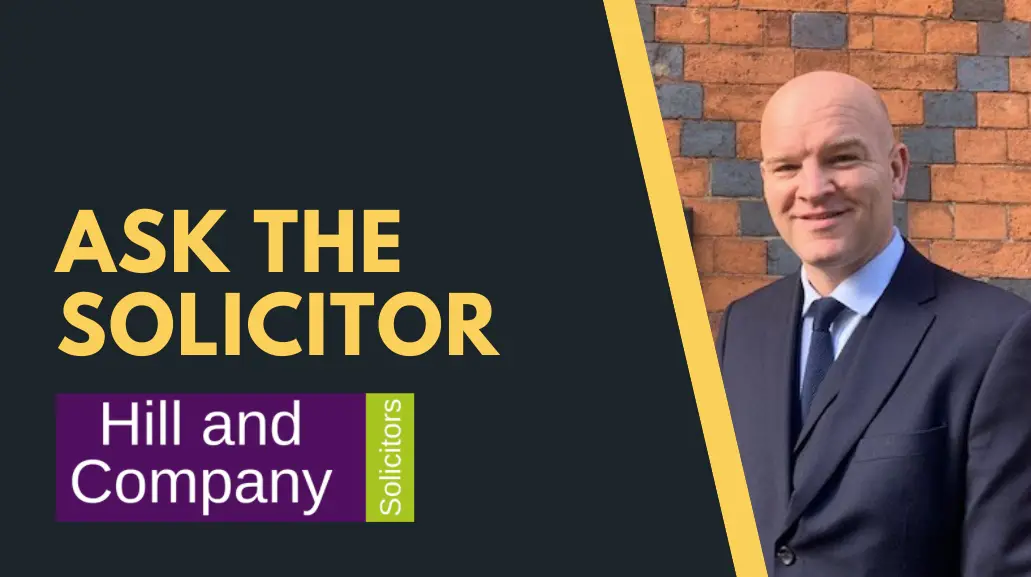We’ve partnered with Altrincham law firm Hill & Company to bring you a regular Q&A feature with one of their trusted legal advisors.
You can find the other Q&As in the series here.
This week we spoke with Jo Brook, the practice’s client liaison specialist and an expert in elderly client issues, about the importance of putting a Lasting Power of Attorney in place and the benefits of doing so.
ALTRINCHAM TODAY: My GP has mentioned that I should think about a getting a Lasting Power of Attorney. What is it and why is it important?
JO BROOK: Lasting Powers of Attorney are documents that appoint someone, usually a trusted family member or close friend, to manage your affairs if you are no longer able to manage them yourself. Without these documents, if you become incapacitated because of physical or, more often, mental impairment, no one will have the legal authority to assist you to manage your affairs or access your financial assets to pay bills and everyday expenses.
AT: But I’m not ill and I have a perfect memory, surely I don’t need to think about this yet?
JB: There has never been a better time to think about putting a lasting power of attorney in place. If the Covid-19 pandemic has taught us anything, it is that any of us can get ill at any time without warning, and that we are all vulnerable to a certain extent. This is true for all manner of illnesses and accidents and it is true that you never do know when you just might need someone to act for you. With this in mind it is also important to say that you can only put a Lasting Power of Attorney in place when you are fully able to understand the implications of it. Once you have lost mental capacity, you have missed your chance to put Lasting Powers of Attorney in place.

AT: Why do I need two different types of Lasting Power of Attorney?
JB: I recommend putting in place both types because they do different things. The Lasting Power of Attorney for property and financial affairs covers access to bank accounts and selling property when you can no longer do this yourself. Without this document, you could struggle to manage everyday financial transactions.
The Lasting Power of Attorney for Health and Welfare decisions covers medical decisions and welfare issues, like where you will live and who should look after you. Without this document your welfare may be decided by people outside of the family, like doctors and social workers.
AT: Why should I ask a solicitor to put these in place for me when I could do this myself online?
JB: These are documents that can be completed online, however, they are long and time-consuming to complete and the language used in the forms is not always straightforward and easy to understand, especially if you are unfamiliar with these type of documents or don’t have access to a computer.
On top of this, the Office of the Public Guardian is very particular about how the documents must be filled in and will refuse to register and documents that do not accord with their stringent requirements. Meeting with a legal expert experienced in completing such forms might be a real benefit, particularly because it gives you assurance that they have been put in place properly.
Jo Brook has many years of experience in these sensitive and important family issues. As a specialist in elderly client issues, she is well placed to discuss your needs sensitively and with compassion. She is able to give you tailored advice to assist you and your loved ones in a kind and caring way. If you would like to discuss anything with Jo, please feel free to contact her on 0161 928 3201 during the day or on 07843 207830 out of hours. Alternatively, if it’s easier, feel free to email her at j.brook@hillandcompany.co.uk






